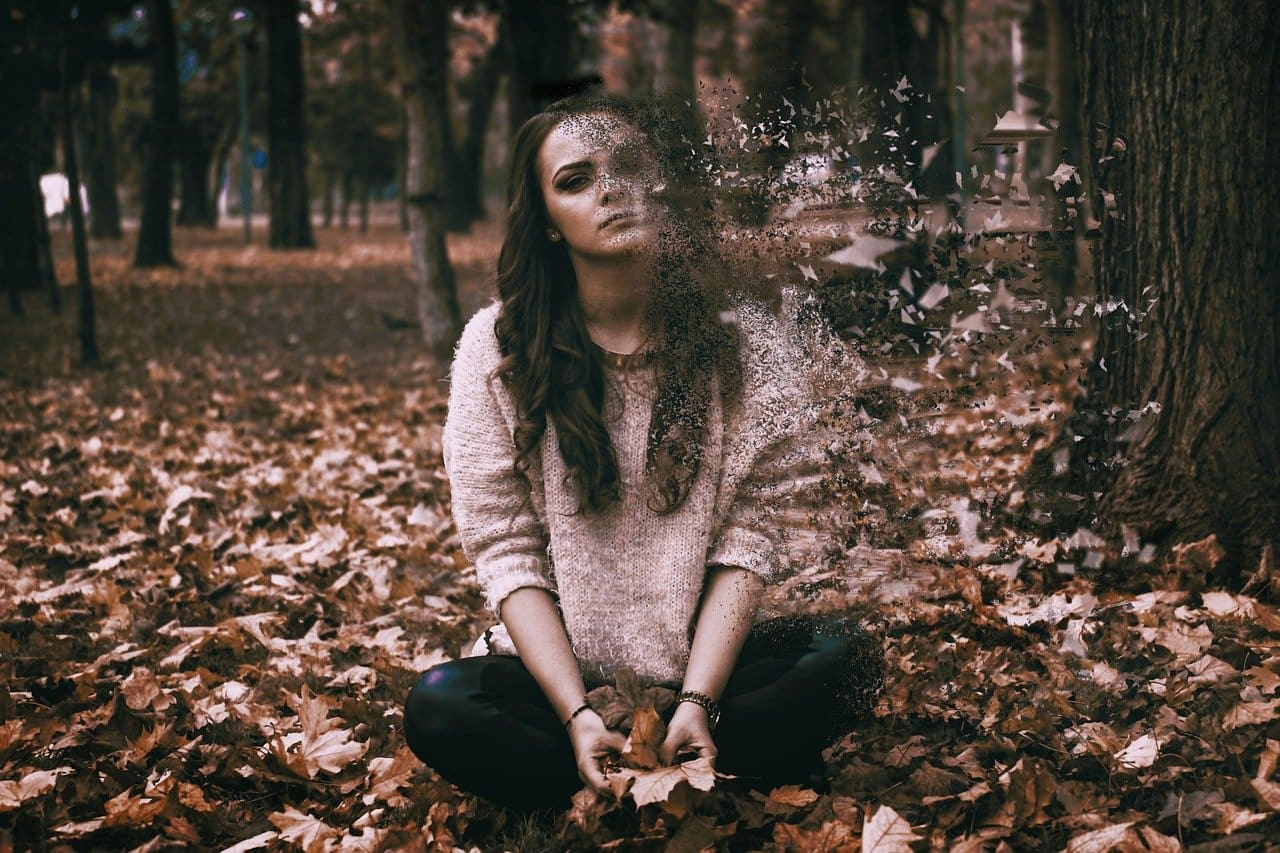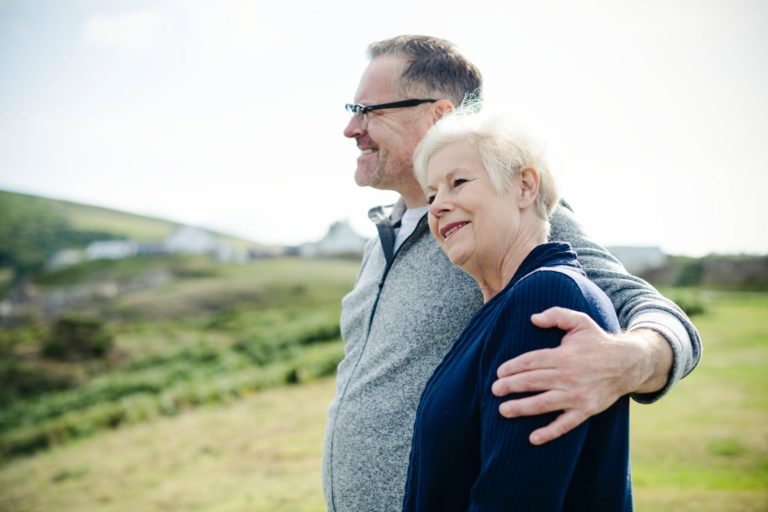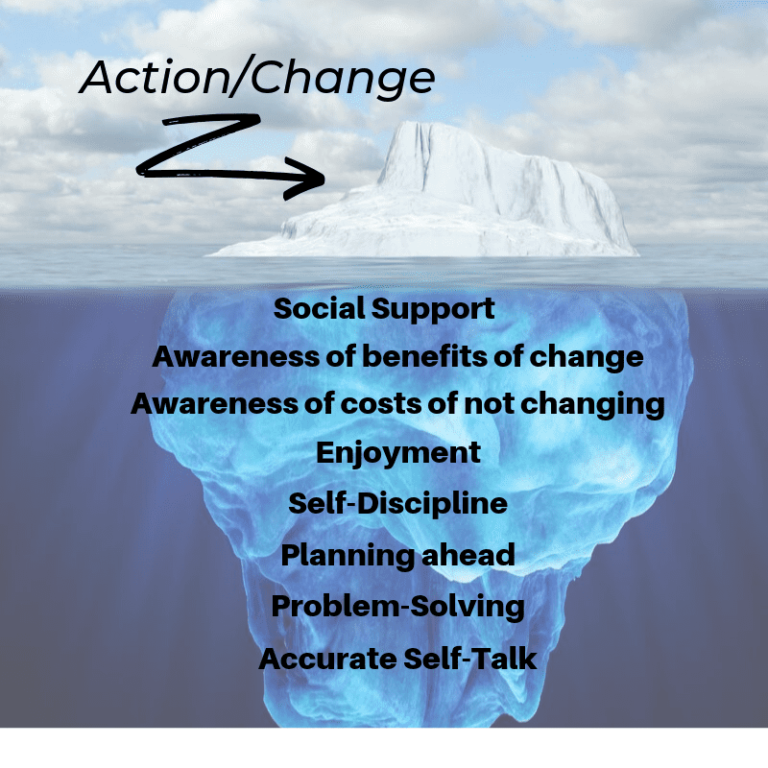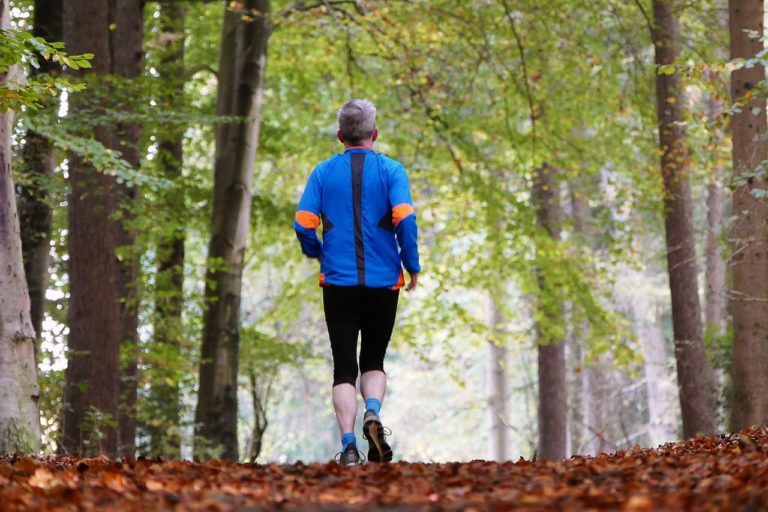How to Cope with COVID Fear and Anxiety
We’re in uncharted territory with this Coronavirus pandemic. It’s an event that most of us have never witnessed or thought we would in our lifetimes. Fear of sickness or potential death of our loved ones (or of ourselves) is completely understandable.
Add to it that many of us are at increased risk for complications from the infection called COVID-19. I’m not trying to add to fear, but I am telling you that if you’re afraid, don’t knock yourself for it.
Fear is a basic, natural and necessary emotion that is programmed right into us. We need it because it drives our self-protective behaviors in the face of a threat. We use it to mobilize and take action, and when we get past the situation, fear subsides.
Anxiety goes beyond fear and develops in response to situations that may or may not be physically threatening. It can be generated by an immediate environmental situation, or our own thoughts. A key difference is that it is not productive in keeping us safe, continues across situations, can alter how we think, and fluctuates in intensity throughout the day.
We don’t have to let what’s going on in the world and the adjustments we’re making dictate our inner lives as we go about our temporary “normal”. This is a great opportunity to practice or learn new coping skills since we will always have unknowns in our lives to one degree of another.
That fear should be driving us to take the protective measures we’re being told to take. It’s how fear is supposed to work.
Anxiety can easily creep in as well. With a genuine danger and with the rapidly changing situation it’s easy to let our thoughts about worst case scenarios overwhelm us and can be hard to set them aside. It’s in our face everywhere we look after all.
Fear and anxiety make complete sense in what we’re all going through. You’re not unreasonable, and you’re not “overreacting” by recognizing the seriousness of the situation. When someone tells you that you are, recognize that they are using their own coping strategy to ease their own minds. Don’t let someone else’s coping strategy negate the validity of what you’re feeling.
That being said, we don’t have to let what’s going on in the world and the adjustments we’re making dictate our inner lives as we go about our temporary “normal”. This is a great opportunity to practice or learn new coping skills since we will always have unknowns in our lives to one degree of another.
Here’s What You Need to Know
The first thing is to remember we’re all in this together, and we will all look back on this and realize what an extraordinary thing we all got through. Remember the rainbow after the storm, good things will come after things calm down.
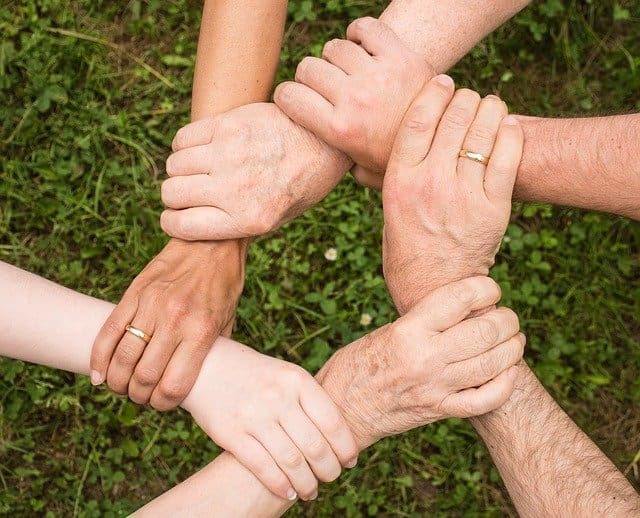
I was recently interviewed for an article in Parade.com about coping skills to help us weather this storm. I’m going to share with you what I said and have a few more thoughts for you.
The first skill is a well-regarded strategy in tolerating distress.
- “Radical acceptance”: Many of us have done this at some point recently without knowing it’s an actual coping skill. As unreal as this whole situation seems, more and more of us are suddenly really “getting it” deep down that adjustments have to be made for the good of all of us. As much as we’d like it not to be the case, this skill is taking the “radical” step of accepting something that would seem completely unacceptable under normal circumstances.
This next one is critical right now since we’re all cooped up at home which can make it real easy to let our worries consume us.
- ABC PLEASE: ABC is an acronym for “Accumulate positive emotions”, “Build mastery” of things we enjoy, and “Cope ahead”.
- A is important because when we do things that make us feel good in the here and now, it builds up a sort of “reserve” and can act as a stress buffer when things hit the “you know what”. Find humor in anything you can, watch something funny, talk to an old friend, do anything that will give you a little emotional lift, and do those things often.
- B is related to how it makes us feel good when we’re good at something, or we get better at something. Pick up a long-ignored hobby, try something new like guided drawing videos that are abundant right now, color, practice something musical. Find something that will challenge you that you can improve upon quickly. It will feel great.
- C involves planning how we will handle all the bumps and sudden changes we will encounter through all of this. Because we know they are going to keep coming for the foreseeable future. Remember the only certainty right now is that we will be in for a daily surprise or two. Don’t let it leave you feeling blindsided.
- Practice mindfulness: It will be important to stay present and recognize that we are right here, in our homes, or wherever we are, right now. Whenever you catch your mind worrying about the future or the “what ifs” start taking over, remember it’s not here, but you are. Anchor your mind to the here and now and those anxious mental drifts that kick in will be less intense – your mind won’t go nearly as far if you keep bringing it right back.
Use This Time to Build These Stress-Management Skills
Check out my article called “Relaxation Techniques for Beginners“. It’s the precursor to my upcoming course that will be all about stress and your health, including action steps to set the right goals for building your new skills.
I would love to include you in the first round of my course later in 2020. Sign up here to stay in the loop!
